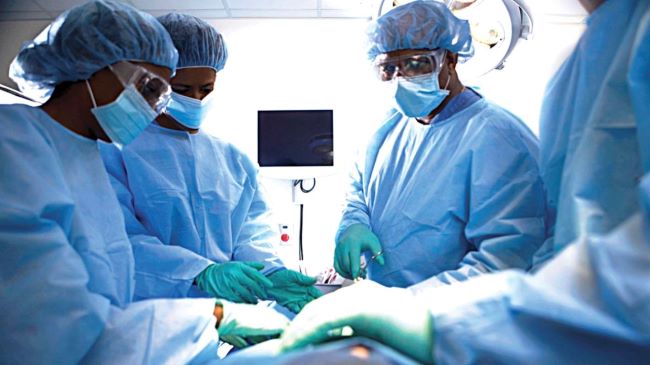
Dr Muyiwa Ojo, Technical Officer for Human Resources for Health at WHO, made this startling revelation in Abuja on Thursday, during a health journalist capacity-building workshop.
Ojo said the root cause of health workforce challenges lied in the shortage of competent and motivated health workers with the requisite skills.
Healthcare reforms attract $4.8bn investment – Shettima
He attributed this shortage to labour market failures, inadequate education and training capacity, insufficient funding, and high levels of attrition, particularly emigration.
“Nigeria, in particular, leads the African continent in the magnitude and impact of brain drain on its health workforce.”
Ojo identified key Human Resources for Health (HRH) challenges, including shortage and inequitable distribution of health workforce, poor HRH planning, uninformed policy decisions, inadequate recruitment and retention strategies and inadequate training capacity.
To address these challenges, Ojo emphasised the need for an effective health workforce with the right number of workers, proper training, and adequate distribution.
Meanwhile, Ms Oyinloye Inigbehe, WHO’s Gender-Based Violence (GBV) Technical Officer, highlighted the critical role of media in addressing GBV and sexual exploitation.
She noted that GBV and Sexual Exploitation, Abuse, and Harassment (SEAH) were priority concerns in the new Global Fund Strategy.
Inigbehe stressed that reporting on GBV helped facilitate advocacy, shaded light on causes, and empowered survivors to share their voices. .